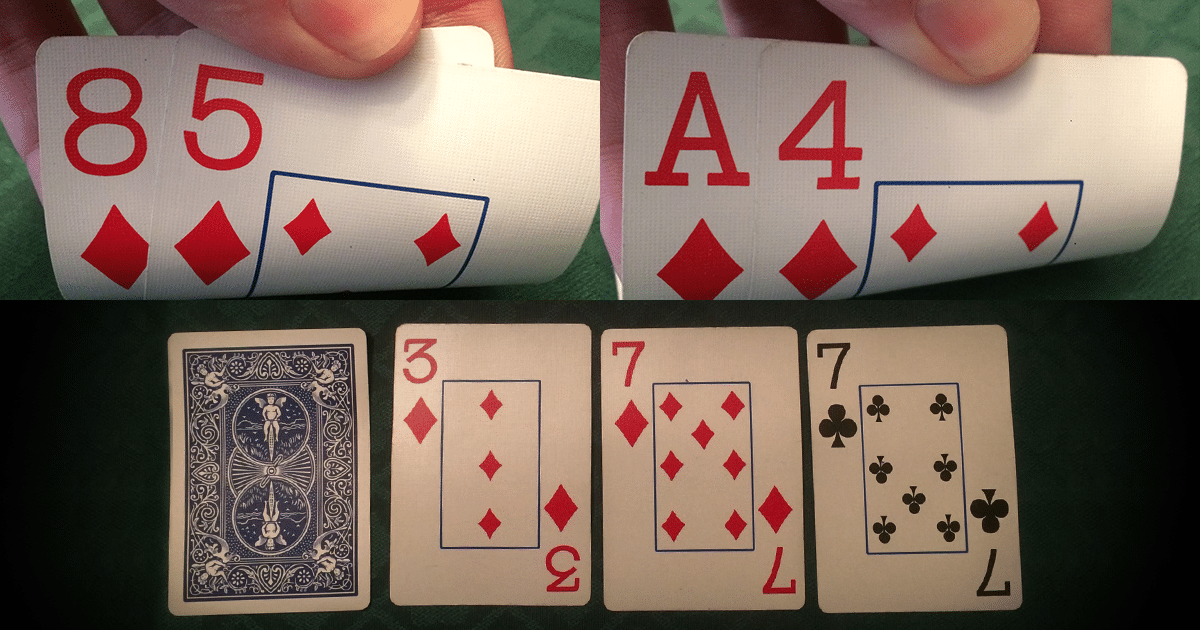When someone first starts learning about how to play and win at poker, they invariably come across the term 'bluffing'. It's a concept that is quickly recognized but rarely the complexities of why and when you should be bluffing are explained in any great detail.
To not suck at poker, you need to stop making stone-cold bluffs, and limit the number of quick and semi bluffs you're making. The best way for a beginner to make money at poker is by playing straight-forward, ABC poker. Further Reading: How to Make Pure Bluffs: Probe Bets, Float Bets and Blocking Bets; If you have the best hand, bet. Summing up best poker tips for beginners. I think these are by far the most important poker tips that you should take seriously when starting out. It will help you to learn poker strategy faster and protect you from many common mistakes that players do. Moreover, if you want to read more, you can find some good advice on poker strategy articles.
Now if you've found your way to this article, I'm guessing you already have a basic understanding of what bluffing in poker is all about – so I won't bore you with the basics.
Poker Bluff Tips Restaurants
But what I will offer you is some helpful tips and advice on how to go about this business of bluffing, enabling you to win more pots without a showdown.
Poker Bluff Tips Golf
Please bare in mind, however, that bluffing really is only a small part of being a good poker player.
Poker Bluff Tips 1x2
It is by no means as significant as popular culture, and movies, make it out to be. But it does have its place in any solid poker playing strategy, and if you want to learn how to win more money playing poker, you'll do well to learn it.
Poker Bluff Tips Game

With this in mind, let's get to the tips:
- The first and one of the most important tips when it comes to bluffing is to always be aware of how many players you're going to try bluffing. You may get away with it if you're bluffing one player, maybe two, but if you're playing against a lot of people who are still involved in the pot, then chances are someone will have a strong hand and will just call you on your bluff. A common misconception is that just because you raised the pot before the flop, this means you continuation bet on the flop, even when you miss yourself. This is a big weakness in many beginner poker players' game, since it doesn't take into account the flop and the likelihood that it hit one of your opponents. If your pre-flop gets many calls, the chances of a bluff working on the flop is extremely rare, you're basically burning money.
- The second tip I have for you is to try and stay away from bluffing people who are much better than you, or much worse than you. Why? Because an expert poker player is much more likely to see through your bluffing because they're good hand readers and will know the likelihood of whether you will actually have a hand. Similarly, if you're playing against a really bad player, your bluff is very likely to be called because these types of players don't know how to fold.
- As a general rule of thumb, however, you've got a better chance with your bluff if the other players have shown weakness after they've checked, instead of bluffing when the other players have betted.
- This next tip is killer and will boost your chances when it comes to implementing a successful bluffing strategy. If you can, always imply specific (and strong) hands when you bluff. In other words, by your bluffing, you are suggesting that you maybe have a strong hand like a flush/straight/three of a kind, which will boost your chances of success considerably. When the board is scary it increases the likelihood that your opponent will fold a medium strength hand. For example, let's say you called a player's bet with an open ended straight draw on the flop. You don't hit your draw on the turn, but a flush is now possible, and your opponent checks, which is usually a good indication they're giving up on the hand. If you know your opponent is capable of folding, this would be a good spot to bluff with your straight draw, especially if you have an additional flush draw now to go with it, if you expect your opponent to fold their one pair hand, because its very possible you were calling with a flush draw on the flop.
- A good time to practice your bluffing skills is when all the cards are out, and you don't have anything in a heads up situation. This is as good a time as any to practice your skills, but remember, don't overdo it otherwise you'll become predictable. You want to find a good balance so that your bluffs are believable. If your bluffs are never getting called, you likely aren't bluffing with enough frequency.
I have published an article on Poker Tells, don't forget to have a look and learn about poker tells when you playing poker.

